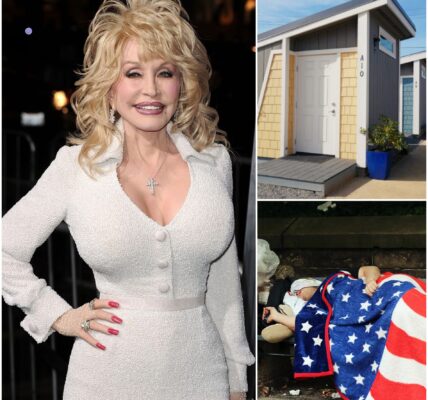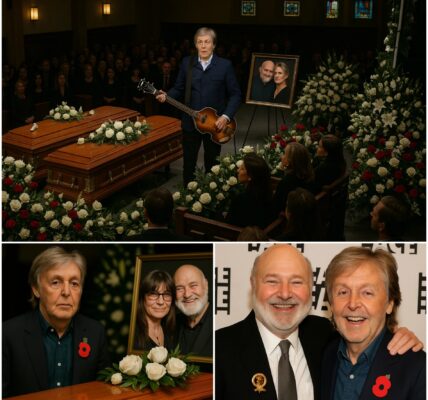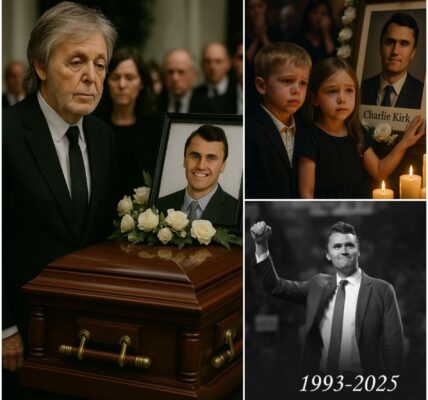Waylon Jennings’ “Wild Ones”: A Haunting Anthem for Rebels Who Refused to Bow
By the time Waylon Jennings released “Wild Ones” in 1994 on his album Waymore’s Blues (Part II), the outlaw country movement that he helped pioneer was long past its prime. Yet its spirit was alive and burning in every word of this song. More than just music, “Wild Ones” is a tribute, a reckoning, and a defiant reminder of what it meant to live—and sometimes suffer—outside the lines.

A Voice Weathered, But Unbroken
The song opens with a slow, bluesy rhythm and a shadowy guitar line that immediately sets the tone. Then comes Waylon’s voice—roughened with age, gravelly but still commanding. It’s not the voice of a man preaching; it’s the voice of a man remembering.
And in those memories are the faces of fellow outlaws: Johnny Cash, Willie Nelson, Kris Kristofferson, and countless others who carved their own path in an industry that demanded conformity.
The Line That Lingers
“They called us the wild ones, like we were some kind of fools…”
It’s a lyric that lands like quiet defiance. Waylon isn’t bragging, nor is he apologizing. Instead, he’s reflecting on how misunderstood the outlaws really were. They weren’t chasing chaos for its own sake. They were searching for freedom—for a voice that couldn’t be bought, packaged, or dictated by record executives.
A Song of Pride and Pain

What makes “Wild Ones” so powerful is its honesty. Jennings doesn’t shy away from the darker truths. He remembers the toll—the addictions, the missed opportunities, and the friends who didn’t survive the journey.
Yet, beneath the regret lies pride. A deep, unshakable pride in knowing he stayed true to himself. The song isn’t about fame or fortune; it’s about integrity. Waylon reminds listeners that choosing authenticity over acceptance comes with scars, but also with a sense of dignity no one can take away.
The Outlaw Sound, Unpolished and Real
Musically, “Wild Ones” is classic outlaw country with a smoky blues edge: steady drums, steel guitar, and an atmosphere that feels both gritty and intimate. It’s not made for radio—it’s made for truth. And that’s exactly the point. Jennings delivers the track unfiltered, carrying a weight only he could bear and a story only he could tell.
More Than Just Outlaw Country

While “Wild Ones” is deeply personal, it’s also universal. It isn’t just about Jennings and his outlaw brothers; it’s about anyone who has ever chosen authenticity over comfort, or principle over popularity. It’s a salute to every rebel, dreamer, and free spirit who risked being misunderstood rather than silenced.
The Legacy of the Wild Ones
At its core, Jennings’ message is clear: the world may move on, and it may forget those who refused to play by the rules. But it’s the wild ones—the uncompromising, the misunderstood—who spark the fire in music, art, and life itself.
More than two decades later, “Wild Ones” stands as one of Waylon Jennings’ most poignant late-career works. It isn’t flashy, but it burns deep. It’s a song that doesn’t just look back on an era—it defines why that era mattered.
Final Word
Waylon Jennings lived the outlaw life, for better and for worse. And with “Wild Ones,” he gave us not just a song, but a creed: a reminder that being true to yourself often comes at a cost, but it’s a price worth paying.
The outlaws may be gone, but their fire still burns. And thanks to Waylon, their voices will never be silenced.




